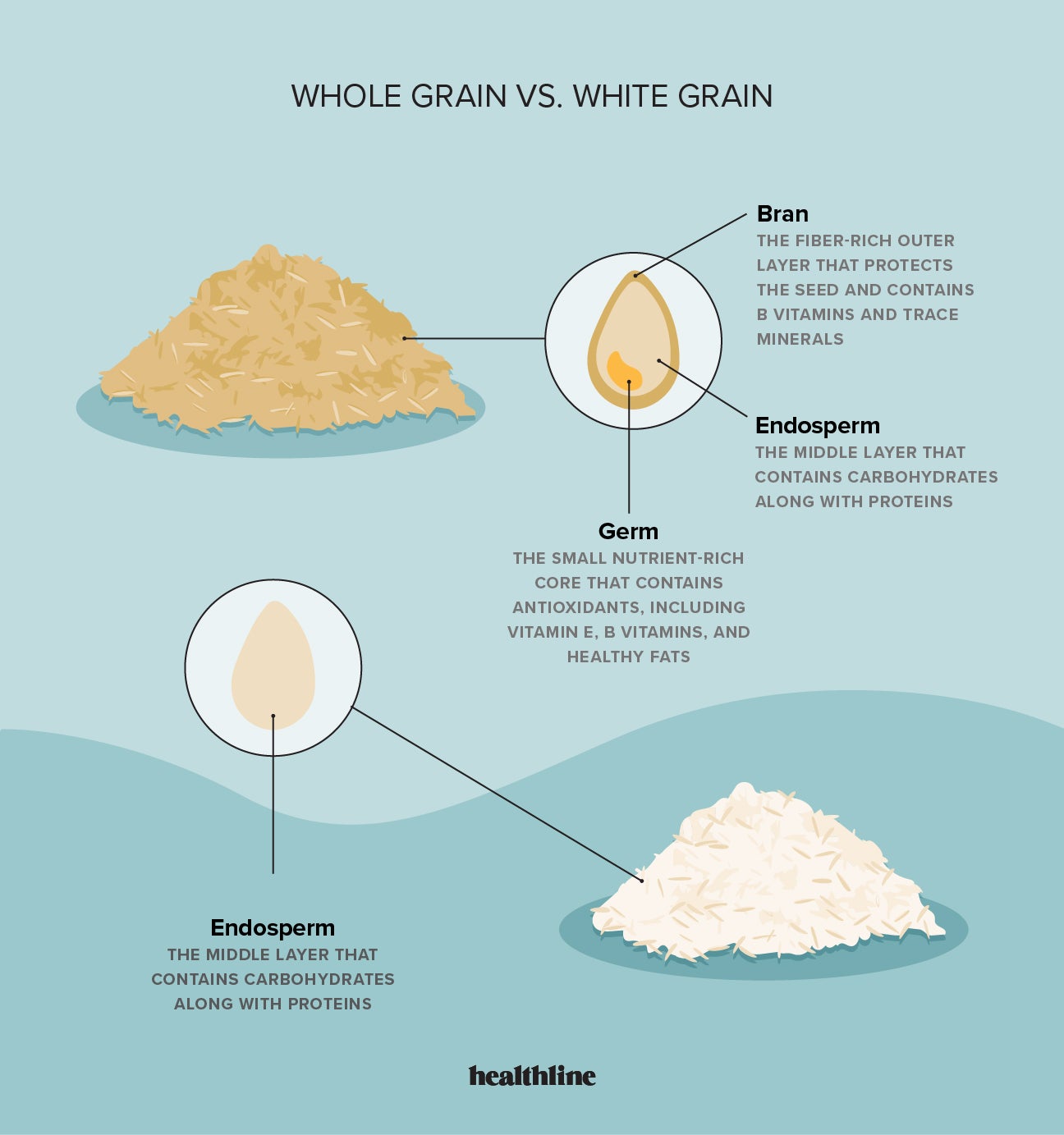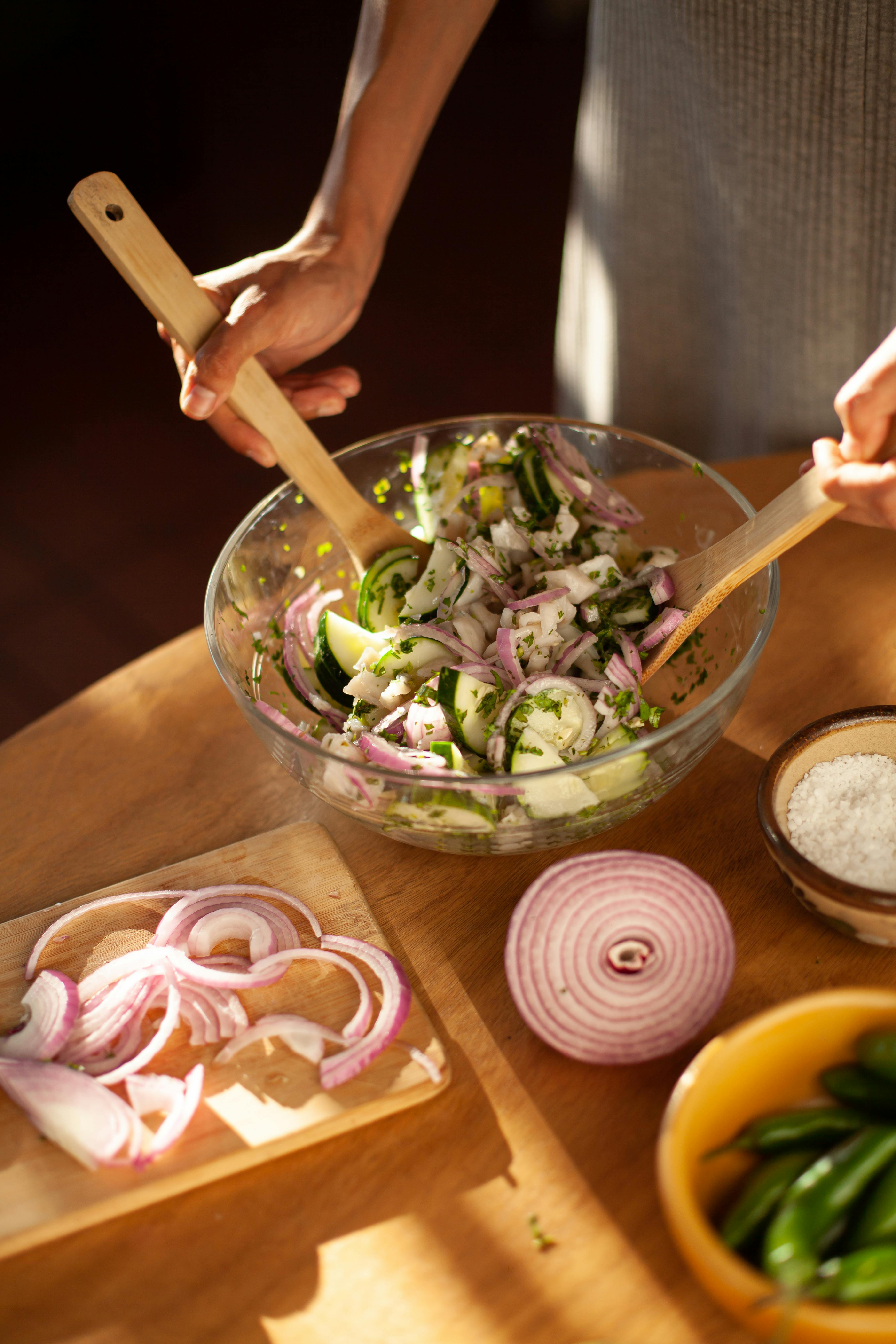Apply Now
Essential Tips for Embracing a Vegetarian Mediterranean Diet in 2025
The Mediterranean diet, celebrated for its health benefits and vibrant flavors, has gained traction among those seeking sustainable lifestyle habits. Adopting a vegetarian variant of this diet not only aligns with wellness trends but also highlights the use of seasonal and fresh ingredients. As we move into 2025, the focus on plant-based meals is expected to rise, creating a more conscious food culture. In this article, we will explore five effective tips for those interested in navigating a vegetarian Mediterranean diet, including meal planning, ingredient choices, and cooking techniques.
Using local produce and traditional ingredients can significantly enhance dietary choices while maximizing nutritional values. This comprehensive guide serves as a roadmap for anyone eager to explore delightful vegetarian Mediterranean options while ensuring a balanced and heart-healthy way of eating.
Exploring the Benefits of Olive Oil
One of the cornerstones of the Mediterranean cuisine is olive oil, renowned for its numerous health advantages. Rich in monounsaturated fats, this oil not only promotes heart health but also aids in maintaining healthy cholesterol levels. Incorporating olive oil into vegetarian Mediterranean dishes offers both flavor and nutritional benefits.
When selecting olive oil, it's vital to opt for extra virgin varieties to ensure you're receiving the most nutrients. Drizzle it over salads, use it in cooking your vegetables, or blend it into dips; the options are numerous. Furthermore, olive oil can be a flavorful substitute for butter or other fats in cooking, making it an excellent choice for meal prep tips. The subtle taste of this oil enhances dishes, promoting culinary exploration while adhering to the Mediterranean diet principles.
Legumes: Your New Protein Powerhouse
Legumes are a fundamental component of the vegetarian Mediterranean diet, serving as one of the most versatile plant protein sources. Not only do they provide essential nutrients and dietary fiber, but they also offer a myriad of culinary possibilities. Incorporating recipes featuring chickpeas, lentils, and beans not only adds variety to your meals but aligns with sustainability goals.
Consider exploring unique legume recipes by creating hearty salads or rich stews. For example, a chickpea salad tossed with Mediterranean herbs and served with whole grains can be both filling and nutritious. Additionally, legumes can serve as excellent meat alternatives, perfect for hearty Mediterranean main courses or as featured ingredients in vegetarian pizzas or sandwiches.
Seasonal Produce: Enhance Your Vegetable Variety
Seasonal produce not only tastes better but often boasts higher nutrient density, making it a key element in maintaining a balanced vegetarian Mediterranean diet. Understanding the seasons allows you to engage in sustainable agriculture practices while supporting local farmers and reducing your carbon footprint.
In 2025, aim to utilize garden-fresh vegetables such as tomatoes, cucumbers, and bell peppers to create vibrant Greek salads or roasted vegetable medleys. Building recipes around seasonal eating promotes meal diversity and encourages exploration of local flavors. Furthermore, involving children in selecting and preparing these ingredients can make cooking an engaging family activity, reinforcing healthy eating habits.
Whole Grains: Your Best Friend for Healthy Carbs
Whole grains play a significant role in the vegetarian Mediterranean diet, providing complex carbohydrates that fuel the body. Including options such as quinoa, farro, and brown rice in your meals can boost fiber intake and promote satiety.
Experimenting with quinoa recipes and incorporating these grains into dishes enhances flavor profiles and boosts nutritional values. For instance, combine whole grains with roasted vegetables for a nutrient-rich bowl or blend them into salads for extra texture. Emphasizing whole grains can also help with meal prep tips, ensuring easy and nutritious options for a busy lifestyle.
Culinary Traditions: Embrace Mediterranean Cooking Styles
Understanding and embracing culinary traditions is crucial for successfully navigating the vegetarian Mediterranean diet. Cooking techniques vary from region to region in the Mediterranean, contributing to the unique taste profiles associated with this cuisine.
Experiment with cooking techniques such as grilling, steaming, and sautéing to maximize flavors while retaining the nutritional integrity of ingredients. Use Mediterranean spices and herbs like oregano, rosemary, and thyme to enhance dishes without adding excess calories. Moreover, integrating cooking for health and using fresh Mediterranean sauces can elevate even the simplest of meals while adhering to dietary guidelines.
By integrating these tips into your culinary routine, not only can you enjoy delectable vegetarian meals, but you also contribute to a healthier lifestyle and sustainable eating practices.
Meal Planning for a Healthy Mediterranean Lifestyle
With the basics of a vegetarian Mediterranean diet established, the next step is effective meal planning. Meal preparation is key to maintaining a balanced diet and ensures you have nutritious options ready at all times. Here, we explore strategies that cater to dietary restrictions while maintaining delicious and satisfying meals.
Customizing Your Vegetarian Diet
Diet customization is essential for embracing the vegetarian Mediterranean lifestyle successfully. Everyone has unique tastes and dietary considerations, and it's vital to incorporate preferences into your meal planning. This could involve swapping out certain grains, legumes, or vegetables based on what’s in season or readily available.
Additionally, exploring culinary traditions allows you to discover unique plant-based dishes that may not be in the traditional Mediterranean cookbook. Utilizing Mediterranean snacks such as hummus with fresh veggies or yogurt with honey can fulfill cravings while maintaining the integrity of the diet.
Smart Food Swaps: Maintain Flavor Without Compromises
Food swaps can dramatically enhance your culinary experience while sticking to a vegetarian Mediterranean plan. For instance, using roasted cauliflower as a base for pizza instead of traditional dough creates a delightful, nutritious meal. Similarly, experimenting with plant-based sauces can add exciting flavors without adding unhealthy fats.
Consider utilizing legumes in place of meat in your favorite dishes, or use vegetable sources such as sweet potatoes or zucchini noodles to replace higher calorie options. These smart food swaps not only promote healthy eating but also help in achieving portion control, ensuring balanced meals that align with Mediterranean diet principles.
Quick and Easy Meal Prep Tips
To maintain a healthy vegetarian Mediterranean lifestyle, quick and easy meal prep tips are necessary. Organizing cooking and preparing meals in advance can alleviate the stress of daily meal decisions. Bulk cooking legumes, grains, and chopping seasonal vegetables at the start of the week can simplify your weeknight meals.
Storing these ingredients in clear containers not only makes it easier to create meals on the fly but also encourages healthy choices. Additionally, integrating Mediterranean-inspired smoothies made with local fruits and vegetables can be a quick and beneficial addition to your diet.
 Employing these meal planning strategies will simplify your journey while maintaining diversity and flavor in your vegetarian Mediterranean dishes.
Employing these meal planning strategies will simplify your journey while maintaining diversity and flavor in your vegetarian Mediterranean dishes.
Benefits of Incorporating Mediterranean Snacks Into Your Diet
Snacking can often lead to unhealthy choices, but when embracing a vegetarian Mediterranean diet, snacking becomes a delightful opportunity to indulge in nutritious foods. By focusing on nutrient-dense snack options, you can meet your energy needs throughout the day without compromising your dietary goals.
Healthy Snack Ideas
Creating healthy snacks is vital, and the Mediterranean diet offers countless options. Consider preparing vegetable sources such as carrot sticks or cucumber slices served with a rich olive oil and herb dip or prepare appetizing Mediterranean appetizers such as stuffed grape leaves or roasted chickpeas. These snacks are simple to make and can be enjoyed at any time.
Utilizing healthy fats from nuts or seeds can also provide protein sources and essential nutrients that play a role in maintaining energy levels. Creating a mix of nuts seasoned with herbs and spices can be both satisfying and beneficial.
Incorporating Superfoods into Snacks
Superfoods like chia seeds, quinoa, and other grains can be seamlessly incorporated into snack preparations. For instance, making energy bites using oats, nut butter, and chia seeds offers a powerful snack that sustains energy and provides health benefits.
Engaging in culinary exploration while preparing Mediterranean-inspired smoothies with spinach, banana, and almond milk can offer a nutrient-rich snack. Incorporating these superfoods not only increases the health profile of your snacks but also enhances overall wellness within the vegetarian Mediterranean eating style.
Creating Balanced Meals: Portion Control
Maintaining balanced meals is essential in the vegetarian Mediterranean diet. Attention to portion control can help prevent overeating while ensuring that each meal is nutrient-rich. Utilizing smaller plates can trick the mind into feeling satisfied with smaller quantities, promoting mindful eating habits.
Additionally, concentrating on combining diverse food groups, such as legumes, whole grains, and healthy fats, can make each meal balanced and fulfilling. Monitor your portions while savoring the flavors stamped within Mediterranean cuisine, as each bite advices adhering to dietary guidelines.
 Incorporating Mediterranean snacks into your diet not only enhances meal variety but ensures that the journey towards a vegetarian Mediterranean lifestyle aligns with both taste and health.
Incorporating Mediterranean snacks into your diet not only enhances meal variety but ensures that the journey towards a vegetarian Mediterranean lifestyle aligns with both taste and health.
Conclusion: Embracing the Mediterranean Lifestyle
The vegetarian Mediterranean diet offers a plethora of opportunities for culinary exploration that promotes health and sustainability. Adopting these five effective tips can facilitate a seamless transition into a lifestyle filled with plant-based meals, healthy fats, and seasonal produce.
By expanding meal planning, enhancing snacks with superfoods, and utilizing traditional cooking techniques, individuals can find satisfaction in their everyday meals while adhering to dietary guidelines. Take the step towards a healthier lifestyle by immersing yourself in the vibrant Mediterranean culinary traditions, emphasizing the importance of every ingredient and the story behind it.
 Employing these meal planning strategies will simplify your journey while maintaining diversity and flavor in your vegetarian Mediterranean dishes.
Employing these meal planning strategies will simplify your journey while maintaining diversity and flavor in your vegetarian Mediterranean dishes.
 Incorporating Mediterranean snacks into your diet not only enhances meal variety but ensures that the journey towards a vegetarian Mediterranean lifestyle aligns with both taste and health.
Incorporating Mediterranean snacks into your diet not only enhances meal variety but ensures that the journey towards a vegetarian Mediterranean lifestyle aligns with both taste and health.
